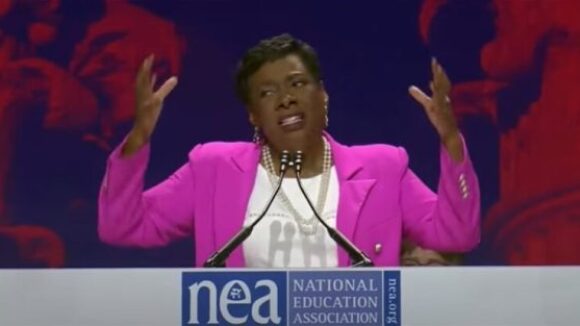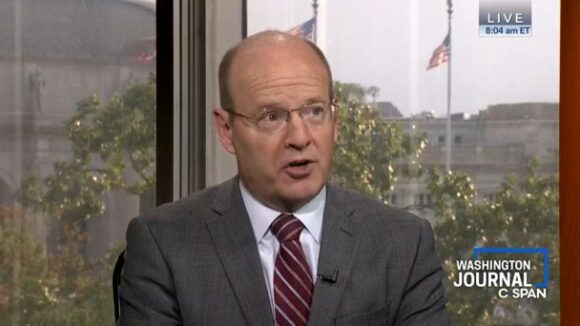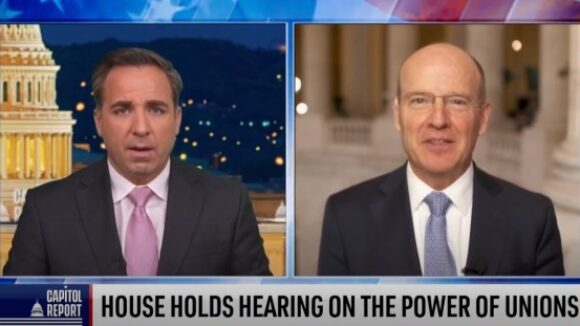It is with sadness that we learned, yesterday, of the passing of William F. Buckley Jr. He was a well renowned commentator and intellectual giant.
A touching and telling story about Mr. Buckley was posted by the Rev. Robert Sirico, President of the Acton Institute:
Having been my father’s remote control, I recall one Sunday afternoon in the 1960s being told to stop and back up to the “educational channel,” as it was called.
The Sirico household were not big viewers of what was then Channel 13 in New York, so I wondered what my father was thinking.
I clicked over to the channel and my father said, “Sit down, you’ll learn something.”
Indeed, I did.
Mr. Buckley used his command of the English language to touch the live of countless people. But what many Right to Work supporters may not know, is how Mr. Buckley’s willingness to stand on principle against compulsory unionism, directly influences their lives today.
As discussed in George C. Leef’s book “Free Choice for Workers: A History of the Right to Work Movement,” back in the 1960’s, Mr. Buckley, along with another nationally famous writer, M. Stanton Evans, took on the powerful American Federation of Television and Radio Artist (AFTRA). They went to court to refute AFTRA’s contention that you had to be a union member in order to speak your mind on television or radio.
It took seven years of litigation, but Mr. Buckley and Mr. Evans stood fast to their beliefs. With the able assistance of the National Right to Work Legal Defense Foundation, they succeeded in establishing the principle that formal union membership cannot be a prerequisite for expressing your views on the public airwaves.
“Learn something,” indeed.
Thank you Mr. Buckley.
(It should be noted that the Buckley vrs AFTRA case did not suppress AFTRA ability to compel dues or fees from employees.)


